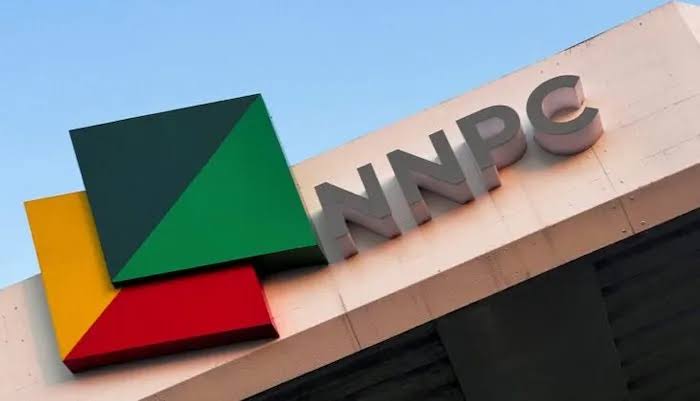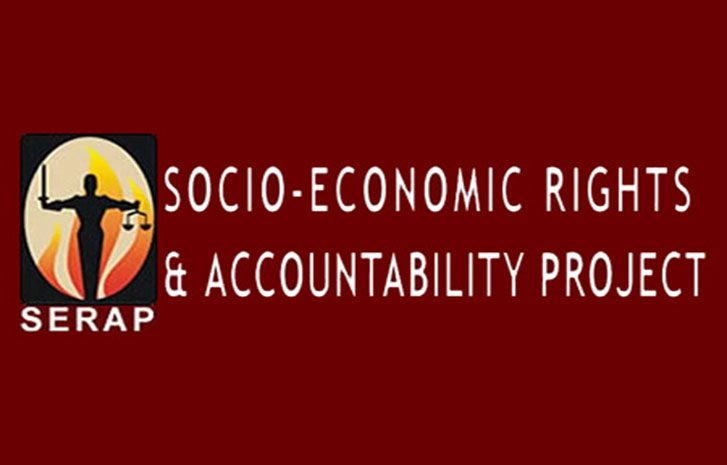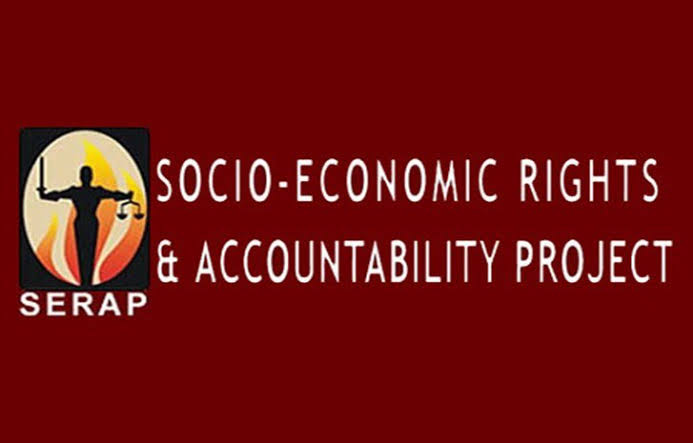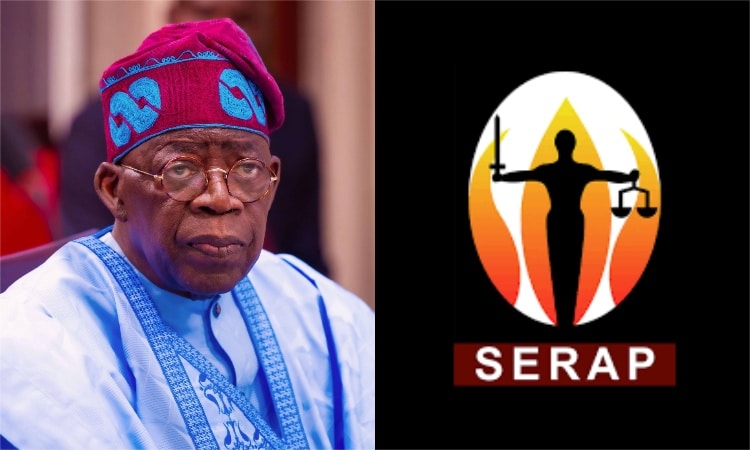Socio-Economic Rights and Accountability Project (SERAP) has urged President Bola Tinubu “to direct the Attorney General of the Federation and Minister of Justice Mr Lateef Fagbemi, SAN to promptly investigate the allegations that high-ranking officials and politicians indicted in the report of the forensic audit on the Niger Delta Development Commission (NDDC) between 2000 and 2019 obstructed the publication of the report.”
SERAP urged him “to direct Mr Fagbemi and appropriate anti-corruption agencies to promptly identify those responsible for obstructing the release of the report and bring them to justice for obstruction of justice.”
SERAP also urged him “to direct Mr Fagbemi to immediately publish the NDDC forensic report and to name and shame those responsible for the alleged embezzlement of over N6 trillion in the NDDC, bring them to justice and recover any proceeds of corruption, and provide adequate compensation to victims.”
In the letter dated 5 July 2025 and signed by SERAP deputy director Kolawole Oluwadare, the organisation said: “While the audit report may make uncomfortable reading for the indicted officials and politicians, your government has a constitutional responsibility to publish it and act upon its recommendations.”
SERAP said, “The forensic audit report of the NDDC can no longer be left to gather dust. The continued failure to publish the audit report undermines public trust and confidence, particularly of victims of corruption in the Niger Delta who have waited far too long for justice and accountability.”
SERAP also said, “Obstructing the release of the forensic audit report or hiding it is a grave and wilful attempt to obstruct, prevent and pervert the course of justice for the allegations of corruption in the NDDC.”
The letter, read in part: “Obstructing the release of the forensic audit report or hiding it, and delaying the implementation of its recommendations have enabled suspected perpetrators to evade justice and denied access to justice for victims.”
“We would be grateful if the recommended measures are taken within 7 days of the receipt and/or publication of this letter. If we have not heard from you by then, SERAP shall take all appropriate legal actions before the ECOWAS Court of Justice to compel your government to comply with our request in the public interest.”
“There is a legitimate public interest in publishing the full forensic audit report of the forensic audit on the NDDC and naming and shaming those responsible for leaving the report to gather dust and bringing them to justice.”
“The UN Convention against Corruption (UNCAC) in article 25 requires your government to penalise any conduct which wrongly interferes, directly or indirectly, with the initiation, progress, or outcome of any investigation into allegations of corruption.”
“Victims of grand corruption in the Niger Delta would lose faith in public investigations of corruption if the audit report is not immediately published and its recommendations acted upon. Victims would like to see the recommendations and what progress has been made to make the NDDC fit for purpose.”
“The failure to publish the report and fully implement its recommendations would seem to suggest that the forensic audit was not commissioned to provide transparency and accountability, but merely as a ruse to defer and avoid it.”
“The extraordinary delay in publishing the report is contrary to the Nigerian Constitution 1999 [as amended] and the country’s international anticorruption and human rights obligations.”
“About N1.4 billion was reportedly approved for the auditors who carried out the NDDC forensic audit.”
“The fact that the forensic audit undertaken at public expense has been gathering dust on an official’s desk for several years shows the failure of the Buhari administration to deliver justice for the people of the Niger Delta who are the primary victims of alleged corruption in the NDDC.”
“Bringing those suspected to be responsible for the grand corruption documented in the NDDC forensic report and recovering any proceeds of corruption would advance the right of Nigerians to restitution, compensation and guarantee of non-repetition and improve public confidence in the fight against corruption.”
“The audit report raises prima facie evidence of grand corruption and its staggering effects in the Niger Delta. Nigerians have the right to know the names of those responsible for obstructing the publication of the forensic audit report.”
“Section 15 subsection (5) of the Nigerian Constitution 1999 [as amended] requires your government to abolish all corrupt practices and abuse of power.”
“SERAP is concerned that despite the country’s enormous oil wealth, ordinary Nigerians have derived very little benefit from trillions of naira budgeted for socio-economic development in the region primarily because of widespread grand corruption, and the entrenched culture of impunity of perpetrators.”
“The missing N6 trillion and over 13,000 abandoned projects in the Niger Delta have continued to have a negative impact on the human rights of Nigerians, undermining their access to basic public goods and services, such as education, healthcare, and regular and uninterrupted electricity supply.”
“Public schools have been left to crumble and wither away, and health care facilities in several parts of the region lack even the most basic of amenities.”
“Using the audit report to genuinely combat the corruption epidemic in the NDDC, and rein in those indicted would help to alleviate poverty, improve access of Nigerians in the region to basic public goods and services, and enhance the ability of your government to meet its human rights and anti-corruption obligations.”
“The UNCAC also requires your government to ensure effective prosecution of allegations of corruption. Specifically, article 26 of the convention requires your government to ensure ‘effective, proportionate and dissuasive sanctions’ including criminal and non-criminal sanctions, in cases of grand corruption.”
“Article 26 complements the more general requirement of article 30, paragraph 1, that sanctions must take into account the gravity of the corruption allegations.”
“According to our information, some high-ranking government officials and politicians indicted in the NDDC forensic audit report allegedly obstructed the publication of the report.”
“The administration of former president Muhammadu Buhari allegedly left the report to gathe dusk to protect those officials and politicians. The wife of a former minister allegedly collected N48 billion over 12 months ‘to train Niger Delta women.’”
“Most of the contracts in the NDDC are also allegedly given out to members of the National Assembly.”
“SERAP notes that the Buhari administration launched an audit to examine the commission’s financial dealings and project execution from 2001 to August 2019, seeking to uncover mismanagement, fund misappropriation, and other discrepancies.”
“The NDDC forensic audit report allegedly reveals grim allegations of misappropriation of N6 trillion in the commission between 2000 and 2019, and that there are over 13,000 abandoned projects in the Niger Delta.”
“The NDDC forensic audit report was supposed to be published by the Buhari administration. Four years after it was submitted to the former president, the report still has not seen the light of the day.”
“Although the forensic audit report was submitted to the Buhari administration in September 2021, the administration apparently did not take the report and its recommendations seriously.”





